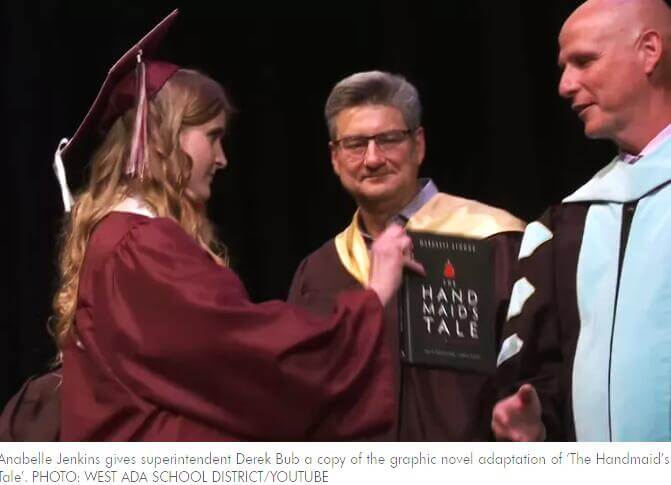
Lawsuit Challenges Florida’s Ebook Restriction Law
In a significant move, six major publishers and the Authors Guild have launched a lawsuit against Florida’s ebook restriction law, H.B. 1069. This controversial law, introduced in July 2023, requires schools to remove and review any challenged books deemed “sexual or pornographic.”
Plaintiffs’ Arguments
The plaintiffs argue that vague content restrictions have already led to the removal of a wide range of literature. This includes classic works and critically acclaimed titles. Their main contention is that the current wording and enforcement of the law limit students’ access to diverse voices and ideas. As a result, they claim this approach is unconstitutional and violates First Amendment rights.
Importantly, the plaintiffs do not challenge the ‘harmful to minors’ standard. They do not seek to prevent Florida school districts from ensuring libraries do not contain obscene books. Instead, they object to the removal of books labeled as ‘pornography’ that are not remotely obscene. This situation arises from the Florida State Board of Education’s unconstitutional expansion of the term ‘pornographic.’
Context of Censorship
This lawsuit comes in direct response to a growing climate of censorship and tension in Florida schools. Earlier this year, one local school district pulled an alarming 1,600 books from its shelves. This included dictionaries and encyclopedias, all in an effort to comply with state mandates.
Moreover, titles ranging from contemporary young adult fiction to classic literature have been flagged for review. This has sparked widespread concern among educators and parents. While advocates of the law argue it protects children from inappropriate content, critics contend it undermines educational freedom. Ultimately, they assert that students have a right to explore diverse ideas and perspectives.
From Classrooms to Courtrooms
In my earlier article, The Rising Political Climate in High Schools: A Response to Book Banning, I explored how students have formed social justice clubs to challenge these restrictions. Recently, however, the legal action by publishers has escalated this struggle. Their fight has transitioned from high school protests to the courtroom, where the debate over intellectual freedom continues on a larger scale.
Empowerment Amidst Censorship
While it’s inspiring to see these students empowered and taking on leadership roles, the situation is also bittersweet. Instead of simply enjoying their school years and exploring different hobbies and clubs, they are dedicating valuable time and energy to combat censorship. This shift reflects a deeper societal issue that affects their educational experience.
A Notable Protest
One student, Annabelle Jenkins, made national headlines when she symbolically handed over a copy of The Handmaid’s Tale in protest of her school’s censorship during her graduation on June 1st. Her actions not only drew attention to the censorship debate but also highlighted the courage of students who stand up for their rights.
The Bigger Questions at Stake
This potentially precedent-setting legal battle raises broader questions about balancing child protection and freedom of expression. Are we restricting access to essential stories that help students engage critically with the world? Or are we simply safeguarding young minds from inappropriate content? As these laws become more prevalent, they urge us to examine education’s future.
Moreover, at what point do we risk trading freedom for a perceived sense of security? For educators, parents, and students, the stakes of this lawsuit extend beyond a legal inquiry. They touch on the essence of providing a comprehensive education. Does shielding students from certain books limit their ability to develop critical thinking skills?
As we consider these questions, it is vital to remember the importance of diverse voices in education. Censorship may lead to a narrow curriculum, limiting students’ understanding of complex issues. Ultimately, we must ask ourselves what values we prioritize in our schools.
As George Washington stated, “If freedom of speech is taken away, then dumb and silent we may be led, like sheep to the slaughter.” This quote resonates today, emphasizing the need to preserve free expression in our educational systems. The debate continues, and we must consider the implications of censorship and the potential loss of diverse perspectives.
Angela’s Bio
An avid eBook reader and proud library card holder, Angela is new to the world of eReaders. With a background in training, emergency response, and health, she enjoys spending time in nature and exploring new places. Angela holds an honors diploma in anthropology and pursued writing studies after graduation. Her work has been featured in various publications, including The London Free Press, The Gazette, The Londoner, Best Brand Media, Lifeliner, and Urbanmedia.ca.



